Thoughts on West Point 2050
11 October 2024 2024-10-17 11:23Thoughts on West Point 2050
By pyrene (1)
The article in Military Review Online Exclusive (September 2024) “West Point 2050: How the U.S. Military Academy Is Preparing for Future Conflict” by Superintendent LTG Gilland and Dean BG Reeves, fits hand in glove with the MacArthur Society of West Point Graduates.
The MacArthur Society was created in 2023 in response to widespread and multiple concerns about how USMA serves the needs of the Army and Nation to win future wars.
We agree that “the Army and the Academy are at an inflection point.”
Many of the proposals in their plan for “West Point 2050” are probably outstanding, insightful changes for new buildings as well as academic administration and programs. More details and definitions are needed to see what is great and what might be missing.
The changes outlined for physical modernization and the reorganization of academic departments are standard stuff for colleges every half-century or so. The new additions of a West Point Press and West Point “Werx Innovation Hub” are interesting expansions of mission. They could be perfect additions. To be determined.
What will West Point Press publish that Ft. Leavenworth or Carlisle Barracks doesn’t? Who pays for the increase in people and overhead?
What research or experimentation niche will the Werx fill that isn’t assigned already to the Army Development Command’s labs or centers? How many PhDs and other staff will not teach and work there as their primary duty?
There’s an emphasis on the study of Artificial Intelligence (AI).
The actual changes in academic programs include “community of practice” for space and sustainability. The article does not provide a standard English translation for “community of practice”. Also, “energy resilience” needs a plain text interpretation.
Likewise, English translations and details are required to understand what “educate cadets on accurate and socioculturally effective oral and written communication; cross-cultural competence, historical and literary analysis; and rhetorical, sociolinquistic, and discourse-based language analysis while establishing crucial foundations for lifelong learning” means.
It could be incredible learning innovations or just cross-dressing Cultural Marxism from its current DEI and CRT manifestations in the curriculum. To be determined.
The past year’s examination of “the academic program to determine how it should be structured to intellectually prepare graduates to lead across the full spectrum of conflict” which “sought to understand the academic program’s current assumptions, identify gaps and areas for improvement, and where possible, accelerate preeminence and unleash synergies” should be published.
Whatever documents and PowerPoint briefings compose the “comprehensive review” are essential. The MacArthur Society requests their publication.
The lengthy homage to MacArthur’s long-lasting, impactful reforms from a bit over a century ago fit our times today. The selective and slanted citations invite quibbles.
For example, their characterization of the “paternalistic approach to officer development” begs definition. By any definition, paternalism wasn’t why MacArthur gave cadets more freedoms. He wanted cadets to know their fellow Americans better before they commanded them in war.
Likewise, MacArthur’s reforms against hazing were a response to the tortures he endured as a cadet and testified to Congress and, as Supe, followed the well-publicized suicide of a former cadet who was hazed into quitting.
The noteworthy, not “infamous”, Fourth-Class System which “ostensibly” and precisely was designed to “weed out the weak and unworthy” continued under MacArthur and others for almost 70 years. Evidently, MacArthur could distinguish hazing from discipline and an adversative system from equity.
Today, perhaps, keeping the graduation rate of any class at West Point higher than every State University of New York is one measure of success. And, perhaps, that graduation rate bears a relationship to the retention rate of West Pointers as Army Officers being lower than ROTC and OCS.
There was no mention of MacArthur institutionalizing the Honor Code into an Honor System, nor clarification of the current Supe’s earlier statement about the Honor Code being “aspirational.”
Douglas MacArthur was visionary leader who saw the big picture. He understood the difference between the small, professional, Indian-fighting, frontier Army of the last-half of the Nineteenth Century and the hugely expansible, citizen-soldier, overseas Army of America as a World Power.
The Supe and Dean correctly identify AI as one multi-faceted challenge for the Army.
Interestingly, the combination of law and philosophy programs in a new Department of Law and Philosophy focuses on “legal and ethical complexity” on the modern battlefield.
The big picture for West Point 2050 may be less about buildings and academic chairs and more the legal and ethical complexity of what should “Duty, Honor, Country” really mean.
If “Duty, Honor, Country” are in MacArthur’s own words, “the code which those words perpetuate embraces the highest moral laws and will stand the test of any ethics or philosophies ever promulgated for the uplift of mankind.
Its requirements are for the things that are right, and its restraints are from the things that are wrong,” then what is right and what is wrong? There’s no national consensus.
Should West Point continue as a uniformed liberal arts college much like ROTC?
Do the demands of a likely, large, long war of survival, more conflicts at home and abroad with Islamist Totalitarianism, or our Culture War becoming another American Civil War require additional changes to what West Point 2050 proposes?
Finally and regrettably, the article omitted MacArthur’s stellar innovation for cadets to start a magazine, The Pointer. (Just kidding!). The Pointer published pyrene’s prose.
What would a younger pyrene write as West Point 2050 unfolds?
“pyrene” (1)
_
1. From WPAOG: “One hundred years ago, on September 15, 1923, the very first issue of The Pointer was published and disseminated to the Corps of Cadets. Today, only half of West Point’s 55,000-plus living graduates read The Pointer as a cadet because its last issue was printed in Academic Year 1996.
Also standard in every issue was a commentary by Pyrene, the Washington Hall cadet mess cat and “head mouser,” who anonymously mused about and critiqued changes in the Corps, new rules and regulations, and lamented days gone by.”
Please note that in The Pointer magazine columns pyrene typed in all lower case because a cat couldn’t shift to uppercase on a manual typewriter. Apparently, today’s pyrene has mastered the technology to overcome such former limitations.
West Point 2050: How the U.S. Military Academy Is Preparing for Future Conflict (pdf)
Comment sent in:
“Have just read again General MacArthur’s 1962 farewell address to the Corps of Cadets at West Point, I am again brought close to tears; for his words illuminating Duty, Honor, Country, capture for our Nation endless inspiration to strive to do well, to lead, as perhaps only a west pointer can. This should be the principal, if not sole, guide-post of “West Point 2050”; which means building character essentially on one’s capabilities. My father, Louis G. Mendez, Jr., Col. (class of 1940), knew very well this hardened truth. I am not at all certain he would have looked favorably upon any plan for the USMA that did not thoroughly, and precisely, adhere to General MacArthur’s exacting grasp of Duty, Honor, Country.” —Yours very truly, Gregory G. Mendez
Comment (1)
Comments are closed.

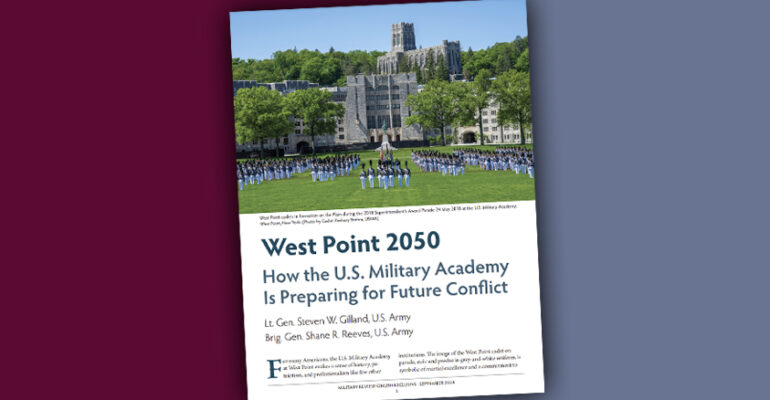



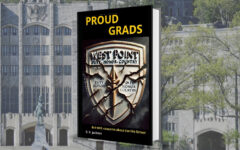
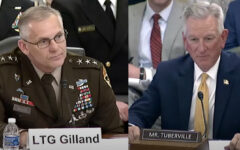
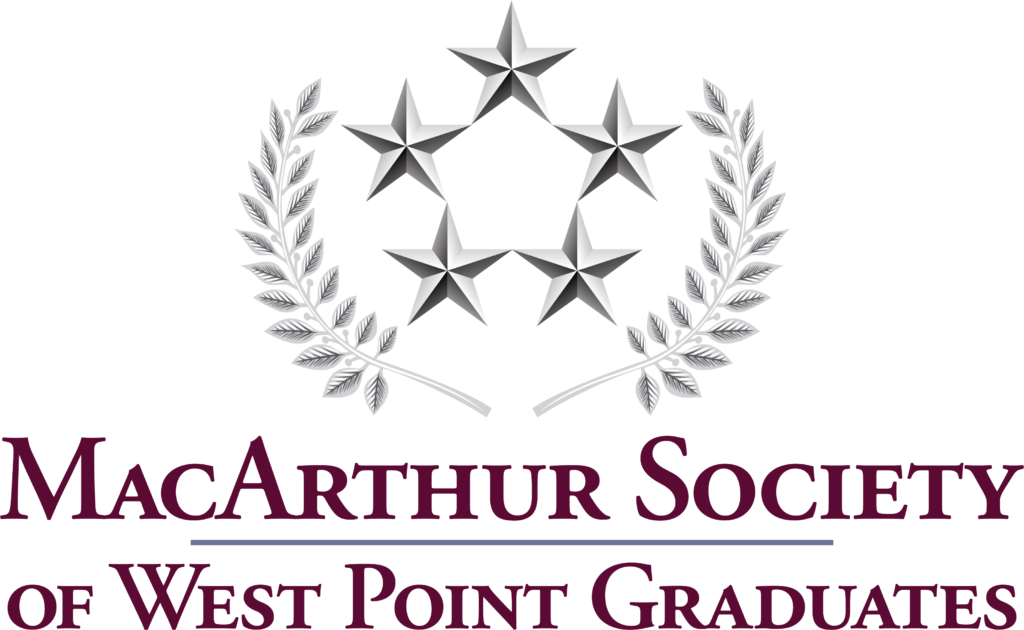
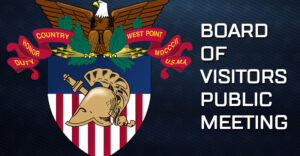
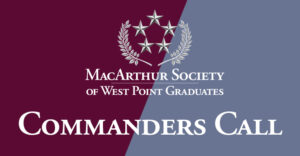





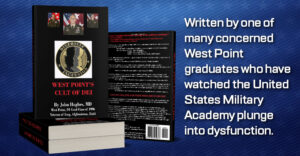
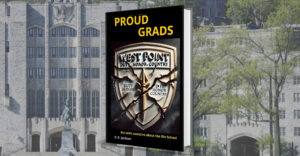



Tracy Freeman ‘79
Thank you for the summary. One way to help prevent quibbling of new jargon which appears in your summary is to request a detailed Glossary index for the publication. New jargon can open a plethora of interpretation and standardizing definitions prevent those who will hide behind the “half truths.”